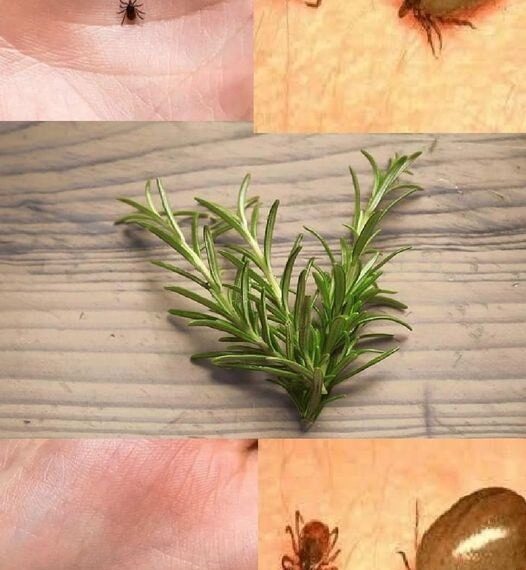If natural remedies are not enough, chemical treatments may be necessary:
- Insect Growth Regulators (IGRs)
- Prevent flea eggs and larvae from maturing.
- Found in sprays, foggers, and spot-on pet treatments.
- Tick and Flea Sprays
- Available for both indoor and outdoor use.
- Use on carpets, cracks, and yard areas where pests thrive.
- Veterinary Treatments
- Spot-on treatments, flea collars, and oral medications for pets.
- Always consult your vet before using these products.
Indoor Prevention Tips
- Vacuum carpets, rugs, and furniture regularly. Dispose of the vacuum bag immediately.
- Wash pet bedding weekly in hot water.
- Seal cracks and gaps where fleas and ticks may hide.
- Treat your pets regularly with vet-approved flea and tick preventatives.
Yard and Outdoor Control
- Maintain Your Lawn: Keep grass trimmed short, as ticks thrive in tall grass.
- Remove Debris: Clear leaf litter, woodpiles, and tall weeds where pests hide.
- Plant Repellent Herbs: Rosemary, lavender, and mint can deter ticks and fleas.
- Beneficial Nematodes: These microscopic worms can be released in your yard to naturally kill flea larvae.
When to Call a Professional
If the infestation is severe and persists despite home remedies, it may be time to call a pest control professional. They can provide long-lasting solutions with targeted treatments.
Final Thoughts
Ticks and fleas may be small, but their impact on health and comfort is significant. By combining natural repellents like rosemary, proper cleaning, pet care, and—if necessary—chemical treatments, you can protect your home, pets, and yard from these parasites. Prevention is always easier than treatment, so adopt a regular maintenance routine to keep these pests away for good.
Pages: 1 2




